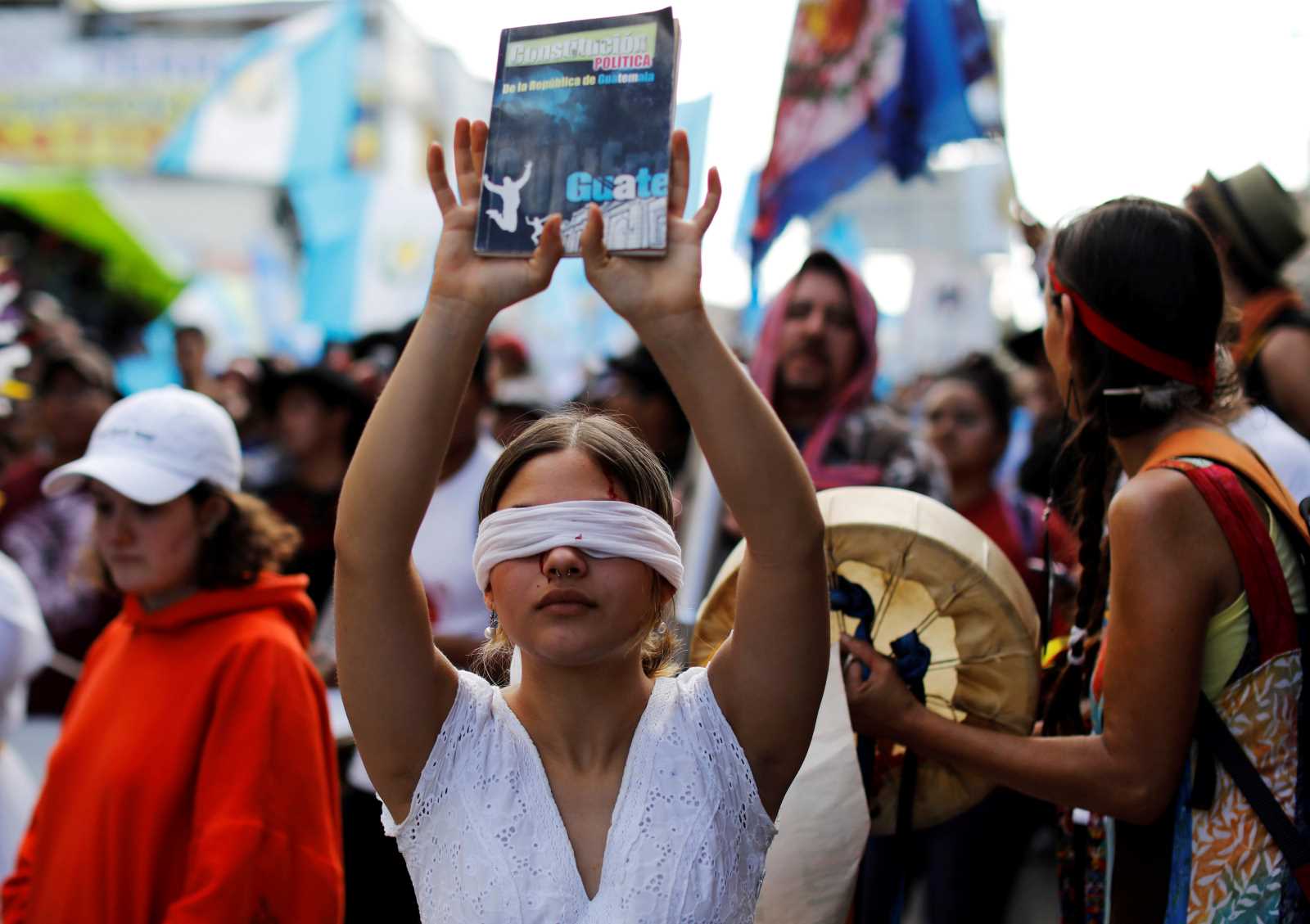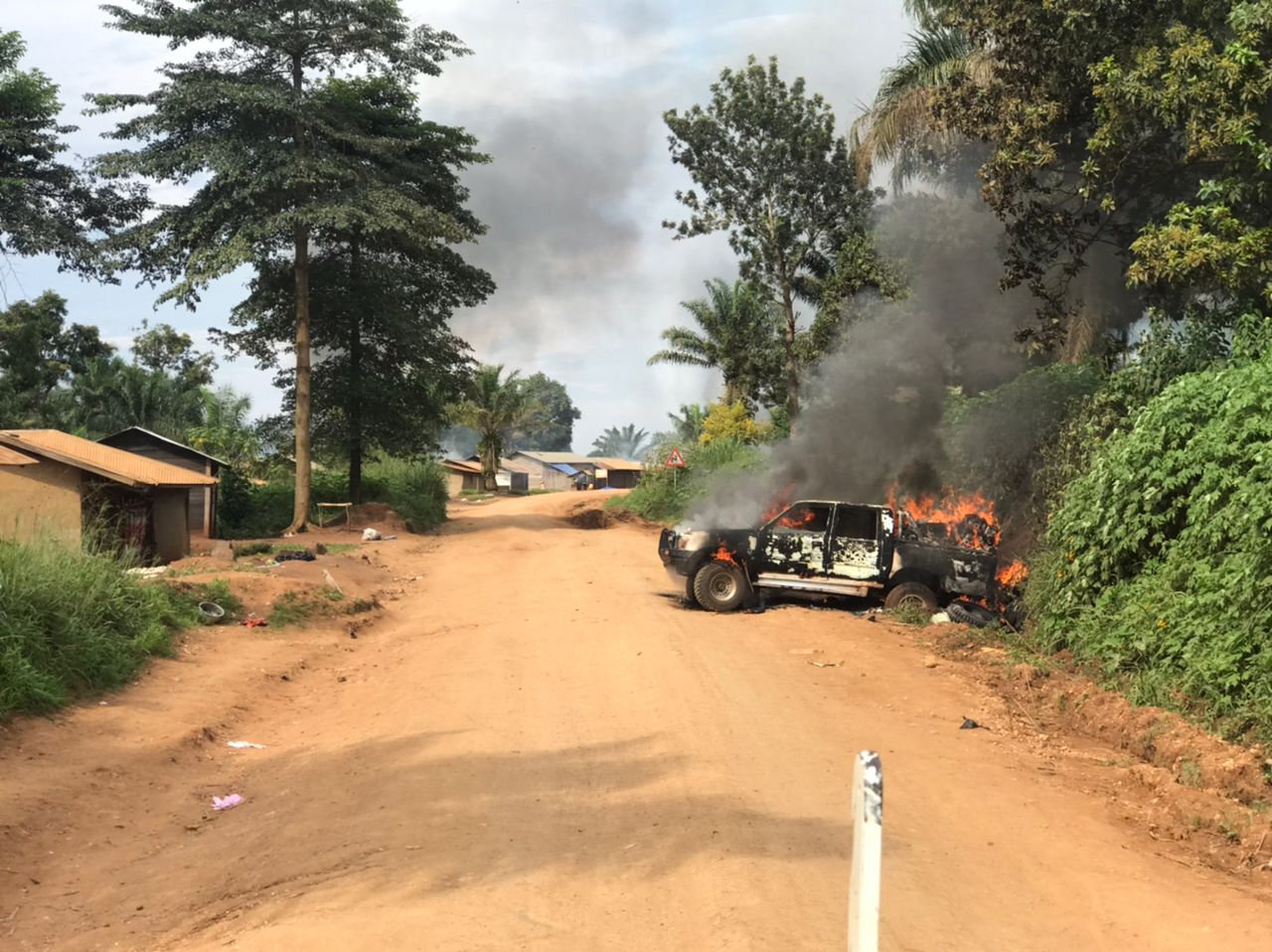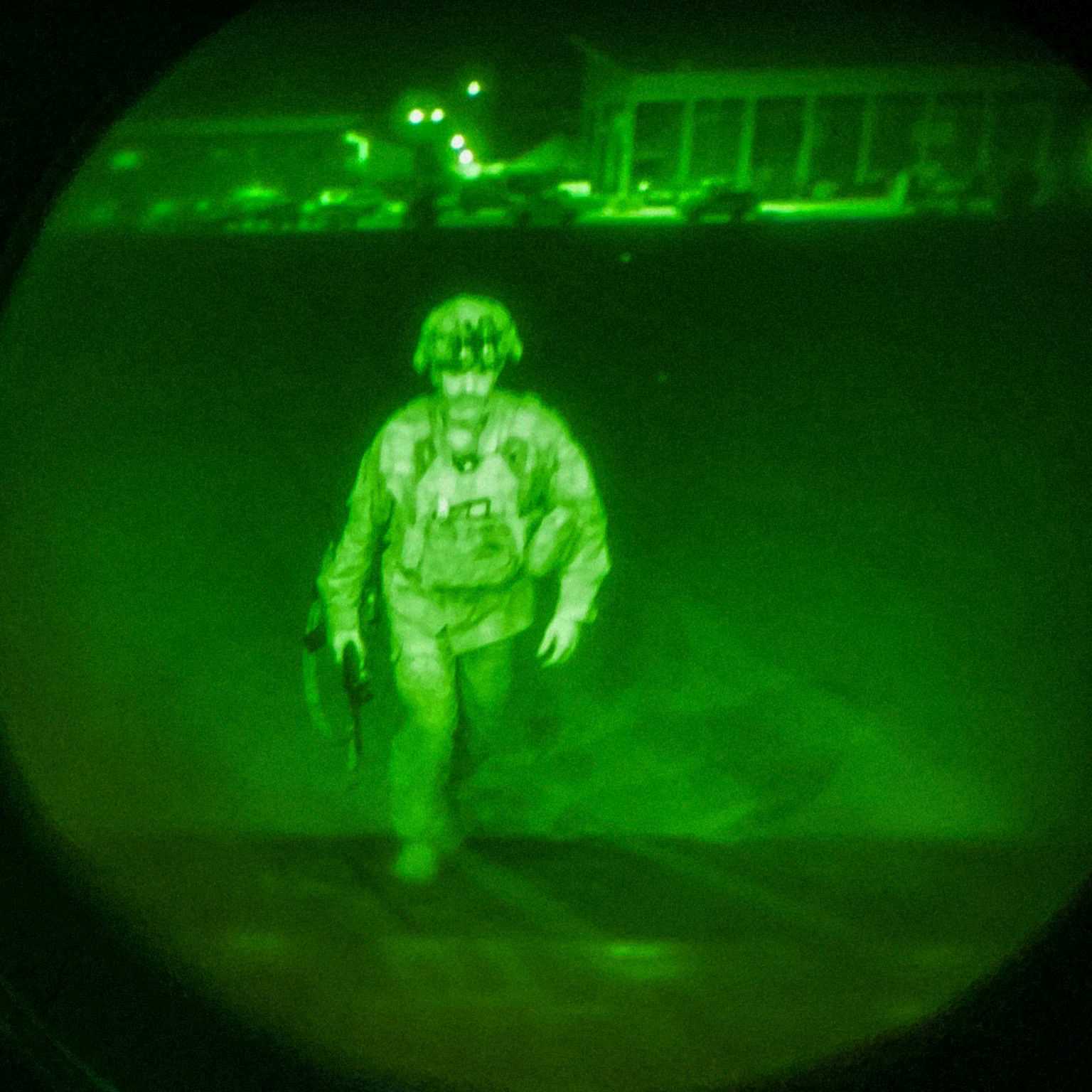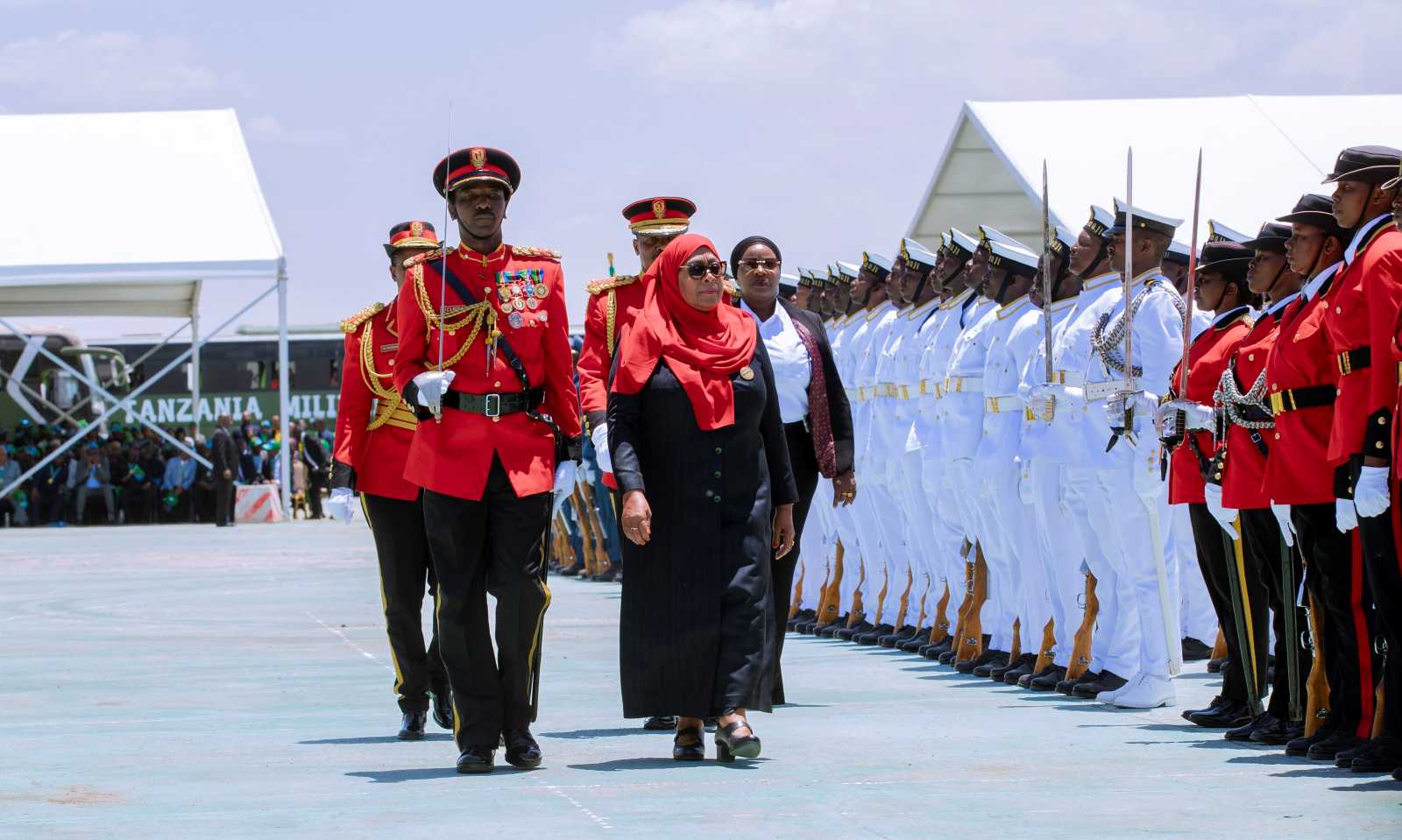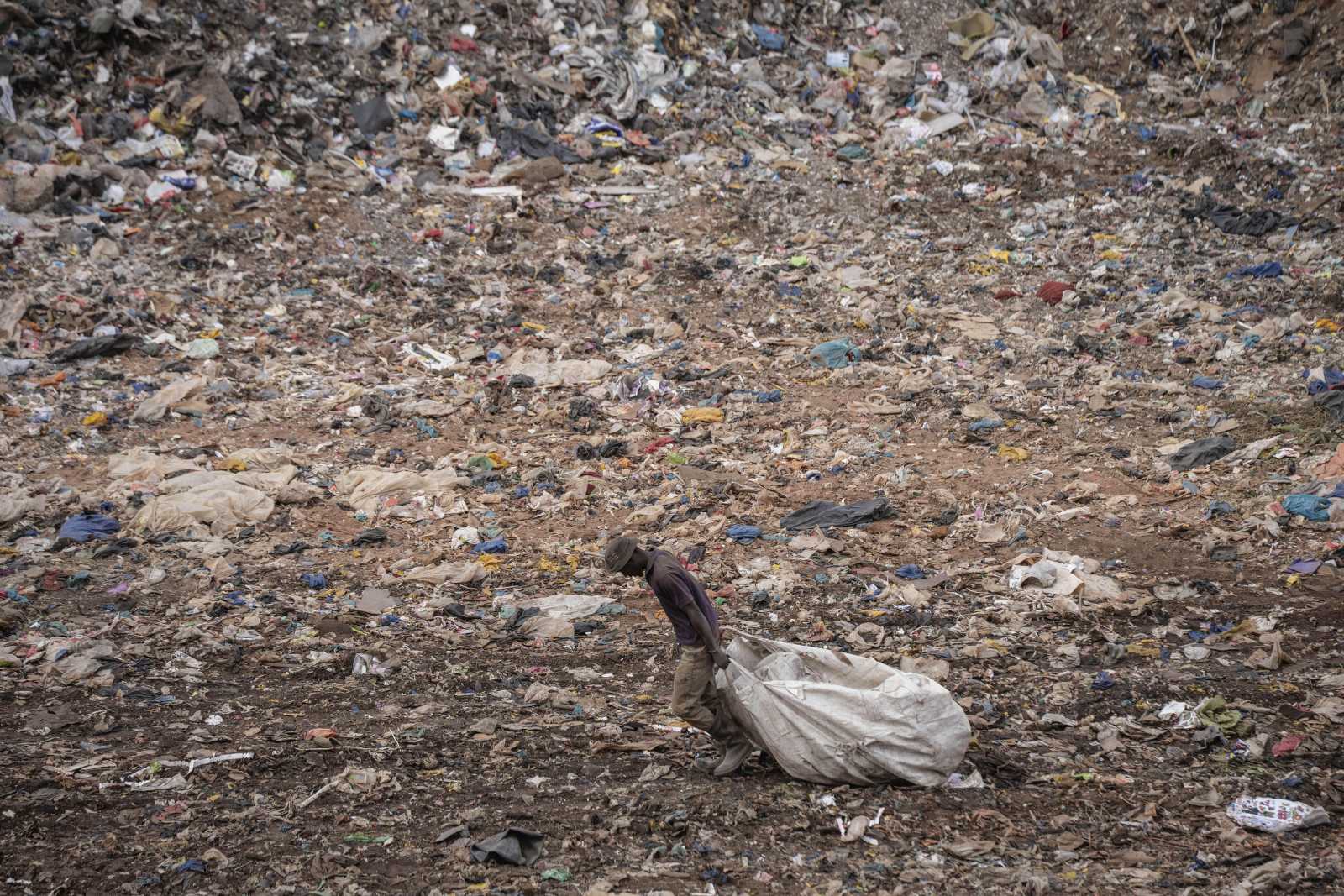Elections
In fear of voters
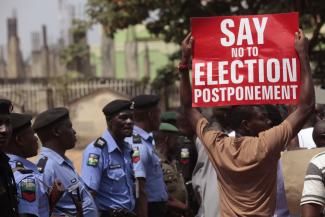
National Security Adviser Colonel Dasuki Sambo was the messenger. He suggested in London in January that the Independent National Electoral Commission (INEC) postpones the elections scheduled for 14 February. His reason was that INEC had been able to distribute only 50 % of the permanent voter cards, which were to be used for the first time.
The electoral body responded that it had stepped up efforts to make sure the cards were distributed before the election date. The voter cards are needed to prevent election rigging.
Many Nigerians, however, think that the missing voter cards were a mere pretext for postponement. Even the ruling People’s Democratic Party (PDP) initially dissociated itself from the postponement demand. Nonetheless, the INEC announced on 7 February that it was rescheduling the polls to take place on 28 March, six weeks later than originally planned.
It quickly became clear that the electoral body was under pressure. Chairman Attahiru Jega made it clear that the decision was taken on behalf of the leaders of security agencies who had indicated that they could not guarantee safe elections. The military also claimed it needed six weeks to flush out the Boko Haram militants in north-eastern Nigeria.
An uproar followed, remarkably without violence. Nigerians who had hoped to vote out the current government were disappointed. Speculations were abound concerning what the real motive for postponement was. It is odd, to put it mildly, that the security chiefs had said two weeks before the original election date that things could go ahead. Why did they change their mind within a week?
A popular theory is that Goodluck Jonathan and his PDP realised that, given the country’s present mood, they were likely to lose the elections. Jonathan has been in power for six years, but achieved very little. The Boko Haram crisis has grown into previously unimaginable proportions, but the president has not shown much interest in the fate of terror victims. He even danced at a political rally in Kano the day after a blast in Abuja killed more than 80 Nigerians in April 2013. His administration also reacted incompetently to the kidnapping of over 200 school girls. They are still in captivity 10 months later. It is irritating, moreover, that the military pretends to be able to solve the Boko Haram problem in six weeks, after having proved unable to do so for five years.
According to election-commission data, voter-card distribution was going well in the north east, so voter turn-out was expected to be high in that region. This is where people suffer because the government is not protecting them from Boko Haram. The PDP, however, accuses the election commission of being biased for distributing voter cards in the terror-afflicted region. Its proposal to introduce temporary voter cards, which are not computerised and do not serve the purpose of preventing fraud as well as the permanent cards, looks fishy.
Jonathan has been lukewarm on corruption moreover. He sacked Sanusi Lamido, the governor of the central bank, for asking where some $ 20 billion of government money have disappeared to. On the other hand, cases have not been brought forward against officers who are suspected of corruption.
Jonathan is not to blame for the low oil price that is affecting Nigeria’s economy. However, he certainly has not done much to diversify the nation’s economy and make it less dependent on oil exports.
In the election, Jonathan is up against a former dictator, General Muhammad Buhari, a three-time presidential candidate, who was never a formidable opponent. This time he is. Buhari is known for his anti-corruption stance. Many Nigerians are fed up with politicians who consider public office their personal vaults. It is well understood, moreover, that corruption is among the reasons why the security forces failed to get a grip on Boko Haram.
Holding the elections six weeks later than planned will not make them safer, nor will it change their outcome. But the postponement has shown the world that Nigerian democracy is not strong and stable anymore.
Damilola Oyedele is a senior correspondent for THISDAY, a Nigerian newspaper. She lives in Abuja.
damiski22@yahoo.com
